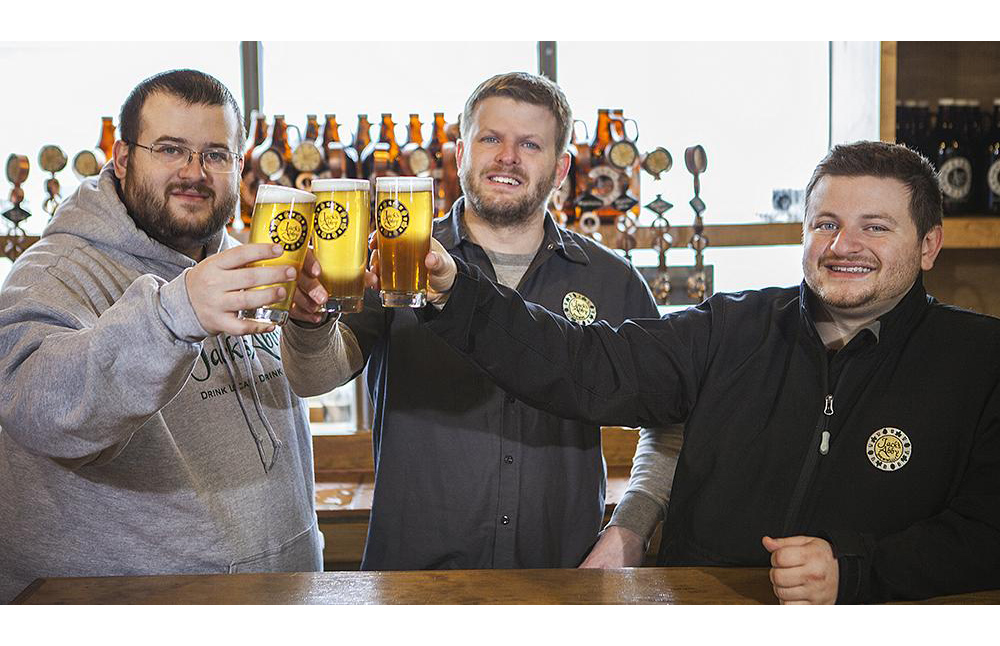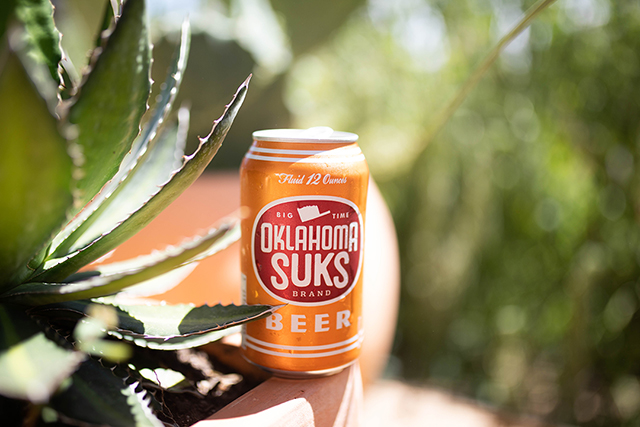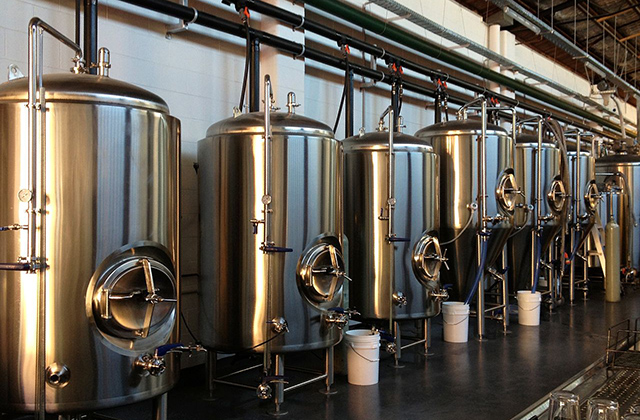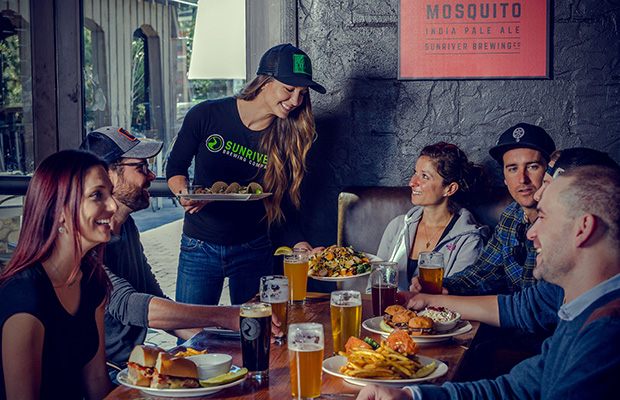
Just now — a decade after opening — Jack’s Abby is defining its leadership roles among its founders. The founders, brothers Eric, Jack, and Sam Hendler, never had actual titles within the Boston-area brewery until after the pandemic’s rise. Although they all had what Jack called “spheres of influence” that helped dictate who did what even at the start.
Eric deals with the books and IT, Sam worked on sales and marketing while Jack brewed.
“Honestly, none of us were really interested in doing what the other was doing,” said Jack with a laugh during a cover story interview for the November/December 2022 issue of Brewer this August. “It worked out pretty darn well. My brothers really aren’t interested in brewing. They like beer, and they like being part of the brewery, but they don’t have any interest in being on a brew deck 8-16 hours a day.
“I have no interest in doing sales and marketing. I’m not good at sales and marketing. So we each really took things that we were passionate about, and we were strong enough to execute. Luckily for us, they were all different components of the business.”
Sam explained that Jack was the trained brewer.
“He had worked for years in the industry, he had gone and done brewing school in Chicago, and then in Munich. He had the brewing education and experience to lead the brewing operations. That left sales and the back end of the business,” Sam said. “It was a simpler time too. Our tasting room was a couple hundred square feet. And it was illegal for us to sell a pint of beer over the bar, so we could only give away two-ounce samples. That wasn’t a huge part of our business.
“Eric took care of the books. I went and sold the stuff and Jack made it and we kind of pitched together to run the tasting room. Simpler times.”
READ MORE: Brewing Up a Partnership: Celtics choose Jack’s Abby for First-Ever Beer Collaboration
Now all have more defined roles, including naming Sam CEO of the company earlier this year.
“Previously, we hadn’t had official titles for the three of us other than co-founder/co-owner,” Sam said. “It was helpful for us and for our staff to finally show a little bit more of who’s responsible for what. I think it’s all stuff that me and my brothers basically knew by feel over 11 years of who’s responsible for what but our staff probably was a little bit more unsure of who to approach for what and who’s responsible for what.
“We’re just trying to make that stuff as clear as possible.”
In 2011 when they opened, Jack’s Abby was open on Thursday and Friday from 3-7 p.m. and Saturday from noon to 5 p.m.
“That was it,” Sam said. “Thirteen hours a week that we ran the tasting room. It’s obviously evolved a lot since. When we opened and there was no staff, it was just three of us.
“A year into our business on the first anniversary, we just hired our second employee that day. A way simpler business back then.”
Sam added that there were parts of the business that they just didn’t need to spend a lot of time doing.
“As it’s grown, there’s a lot more to do and obviously, the benefit is having this awesome staff that does the vast majority of that day-to-day work,” Sam said. “But it does mean some stuff that you can kind of skate by and maybe ignore a little bit as a small brewer, you have to take care of a little bit more.”
When you start a business, Jack said small business owners might have this feeling that everything that they could learn in business school doesn’t apply to that business.
“That’s for everyone else,” he said with a chuckle. “Like systems and hierarchy and communication … somehow, all those things are only for other people because they don’t know what the hell they’re doing.
“You quickly find out that there’s a reason that there’s business school, there’s a reason why there’s SOPs for everything that you do in a company. It’s because, yeah, when there are three of you, great. You sit down for lunch, and everyone knows what’s going on. Everyone’s on the same page. You start having 100 employees, and all of a sudden, everything starts breaking down and you can’t expect everyone to be on the same page and know what’s going on. You can’t expect everything to be done the right way when you’re the only person that’s responsible for it.”
Jack added that putting together a team that can manage and execute is the key.
“On top of that, everything gets done the right way, and to a high level,” he said. “That’s what it’s about, you’ve got to build the team, you’ve got to make sure everyone is passionate about what they’re doing.
“I think that’s been something that’s been the most successful part of the last two, three years of the brewery. You can’t be great at everything. You can either be okay at a lot of things, or you can be great at a few things. And I think that’s one of those things that we’ve learned is we just need to find the right people who know what they’re doing and understand those parts of the business that we don’t.”






Be the first to comment